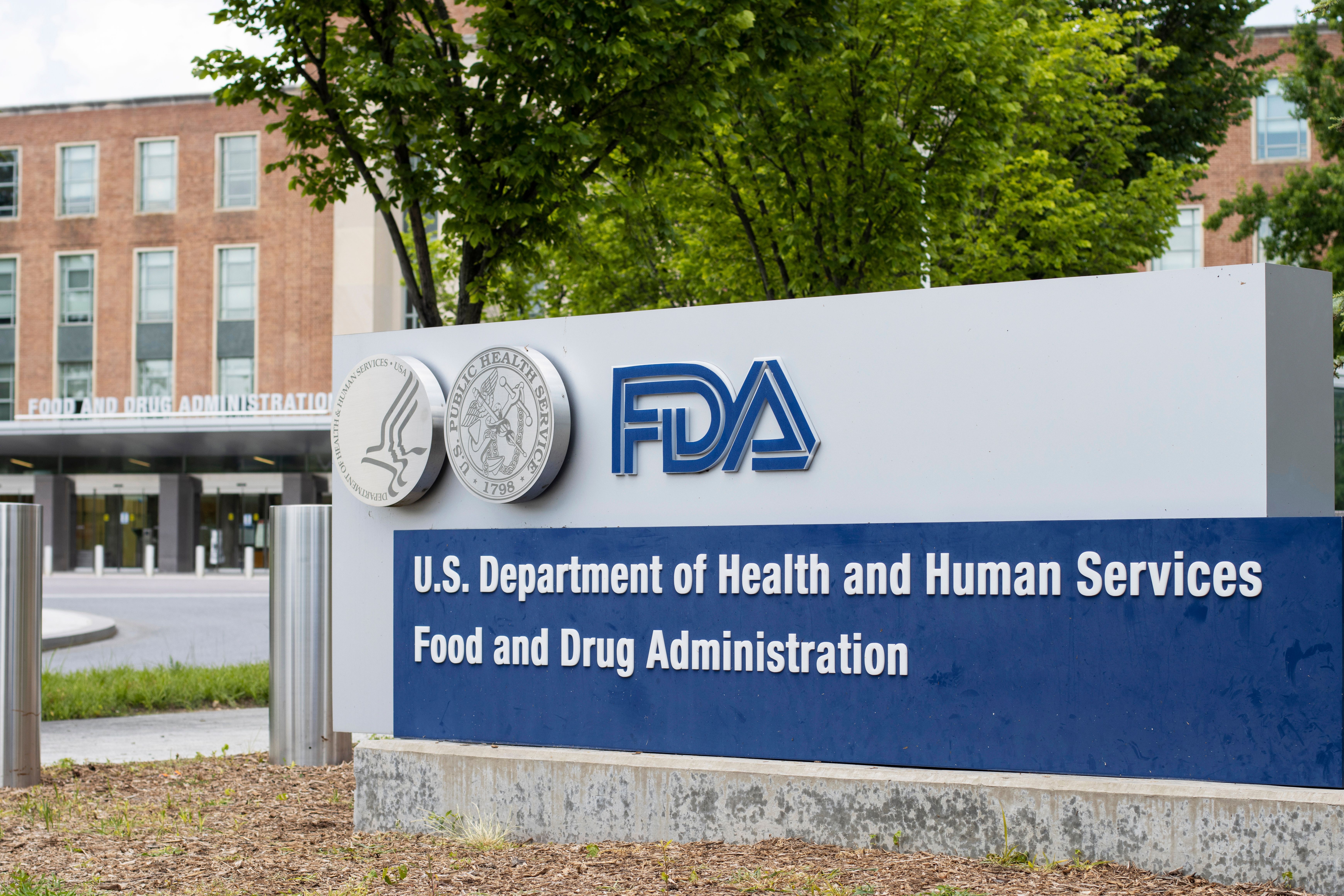- Center on Health Equity & Access
- Clinical
- Health Care Cost
- Health Care Delivery
- Insurance
- Policy
- Technology
- Value-Based Care
FDA Approves Ribociclib for Early Breast Cancer Treatment With High Recurrence Rate
The FDA approved ribociclib (Kisqali) for adjuvant treatment of high-risk, hormone receptor-positive, HER2-negative early breast cancer.
The FDA approved ribociclib (Kisqali) for adjuvant treatment of high-risk, HR-positive, HER2-negative early breast cancer. | Image Credit: Tada Images - stock.adobe.com

The FDA approved ribociclib (Kisqali) with an aromatase inhibitor for the adjuvant treatment of adults with hormone receptor-positive (HR+), HER2-negative (HER2–) stage II and III early breast cancer at high risk of recurrence, along with ribociclib and letrozole co-pack for the same treatment.1
Ribociclib is manufactured by Novartis for early breast cancer and advanced or metastatic breast cancer.2 The approval was supported by the NATALEE (NCT03701334) trial, a randomized, open-label, multicenter study with over 5000 adult patients with HR+, HER2– early breast cancer. The NATALEE study analyzed the efficacy and safety of ribociclib, in addition to standard adjuvant endocrine therapy vs standard adjuvant endocrine therapy alone.3
“The FDA approval of Kisqali for this early breast cancer population, including those with N0 disease, is a pivotal moment in improving our approach to care,” said Dennis J Slamon, MD, director of clinical/translational research at the University of California, Los Angeles Jonsson Comprehensive Cancer Center and NATALEE trial lead investigator.4
Study participants were randomized to receive 400 mg ribociclib combined with nonsteroidal aromatase inhibitors (NSAIs) or NSAIs alone.1 The suggested dose in an adjuvant treatment setting with early stage breast cancer was 400 mg received orally for 21 consecutive days. Afterwards, there are 7 days off treatment during a 28-day treatment cycle period. Patients with advanced or metastatic breast cancer had a recommended oral dose of 600 mg tablets that were received once daily for 21 consecutive days then followed-up with 7 days off treatment.
The primary efficacy outcome was measured by the invasive disease-free survival that led to recurrence, death, contralateral invasive breast cancer, or secondary primary non-breast invasive cancer. The final invasive disease-free survival analysis displayed efficacy results at 90.7% by 36 months in ribociclib combined with NSAI while 87.6% was in the solo NSAI arm.
Common adverse events (AEs) among patients with early stage breast cancer include laboratory abnormalities, decreased lymphocytes, leukocytes, neutrophils, hemoglobin, and decreased platelet. Additionally, AEs can include an increase in alanine aminotransferase, aspartate aminotransferase, infections, creatinine, headache, nausea, and fatigue.
Patients with advanced or metastatic breast cancer have similar AEs to patients with early stage breast cancer. The only identifiable differences include an increase in gamma glutamyl, diarrhea, constipation, alopecia, cough, rash, back pain, and decrease in glucose serum.
The recent treatment approval is alike to the combination of ribociclib and fulvestrant that expressed safety and tolerability among patients with HR+ and HER2– breast cancer.5 When early stage breast cancer advances or metastasizes, treatment can be combined with an aromatase inhibitor as an initial endocrine-based therapy or with fulvestrant as an initial endocrine-based therapy or after disease progression on endocrine therapy.
Ribociclib is capable of slowing cancer progression by inhibiting 2 proteins called cyclindependent kinase 4 and 6 (CDK 4/6).4 When the proteins are overreacted, cancer cells grow and divide rapidly but targeting CDK 4/6 can help ensure the cancer does not continue to spread uncontrollably.
Patients with metastatic breast cancer are approved for ribociclib across 99 countries, which include the FDA and European Medicines Agency (EMA). Regulatory reviews for ribociclib among patients with early breast cancer are continuously ongoing to include the EMA and China.
References
1. FDA approves Kisqali with an aromatase inhibitor and Kisqali Femara co-pack for early high-risk breast cancer. FDA; September 17, 2024. Accessed September 17, 2024. https://www.fda.gov/drugs/resources-information-approved-drugs/fda-approves-kisqali-aromatase-inhibitor-and-kisqali-femara-co-pack-early-high-risk-breast-cancer?utm_medium=email&utm_source=govdelivery
2. Highlights of prescribing information. News release; Novartis. September 17, 2024. Accessed September 17, 2024. https://www.novartis.com/us-en/sites/novartis_us/files/kisqali.pdf
3. Slamon DJ, Fasching PA, Hurvitz S, et al. Rationale and trial design of NATALEE: a phase III trial of adjuvant ribociclib + endocrine therapy versus endocrine therapy alone in patients with HR+/HER2- early breast cancer. Ther Adv Med Oncol. 2023;15:17588359231201818. doi:10.1177/17588359231201818
4. FDA approves Novartis Kisqali to reduce risk of recurrence in people with HR+/HER2-early breast cancer. Press release; Novartis. September 17, 2024. Accessed September 17, 2024. https://www.novartis.com/news/media-releases/fda-approves-novartis-kisqali-reduce-risk-recurrence-people-hrher2-early-breast-cancer
5. Santoro C. BLU-222 shows safety, tolerability in combination therapy for patients with breast cancer. The American Journal of Managed Care®. July 9, 2024. Accessed September 17, 2024. https://www.ajmc.com/view/blu-222-shows-safety-tolerability-in-combination-therapy-for-patients-with-breast-cancer
